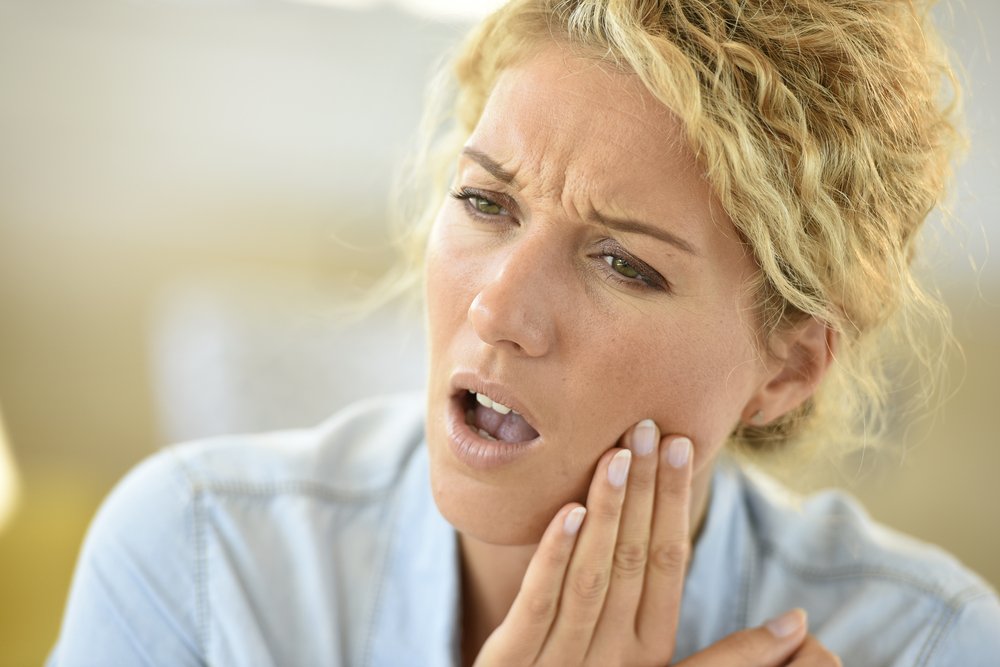Understanding Wisdom Teeth Pain

Your wisdom teeth erupt later on in life, and are your third and final set of molars. This eruption usually occurs during your mid teen years or late 20s. The main reason people consider getting their wisdom teeth removed is mostly because they (or the areas surrounding them) start to hurt. Here’s everything you need to know about wisdom teeth pain.
Managing the discomfort
The pain you feel around your wisdom teeth stems from pressure or swelling. One of the most common initial symptoms you notice may include soreness that fluctuates from one day to the next. The pain your feel with your third molars are capable of causing the same discomfort a baby feels while teething over the course of several months. You can manage this pain by rinsing (NOT swishing aggressively) with warm, salt water, applying a cold compress and taking non-steroidal, anti-inflammatory medication such as Motrin.
Other risks
Wisdom tooth pain could also mean that there are other complications developing that could possibly affect your neighboring teeth. If you neglect this pain or other symptoms like soreness or a swollen jaw, you could very well end up with undiagnosed cysts or decay that has spread to the rest of your smile.
Does it hurt to remove wisdom teeth?
Getting your wisdom teeth removed doesn’t necessarily have to be a painful procedure! However, we understand that coming in for a dental procedure can at times be a nerve-wracking process for some. For such individuals we offer oral sedation options that will help you relax throughout the entirety of your wisdom tooth removal.
Keep in mind that not all wisdom teeth will hurt! This doesn’t necessarily mean that you have nothing to worry about, however. We recommend scheduling a checkup every 6 months just to be safe and catch any symptoms of impacted wisdom teeth, infection or decay as early as possible. Behind on your next checkup? Call Wyndham Dental today to make your appointment!
